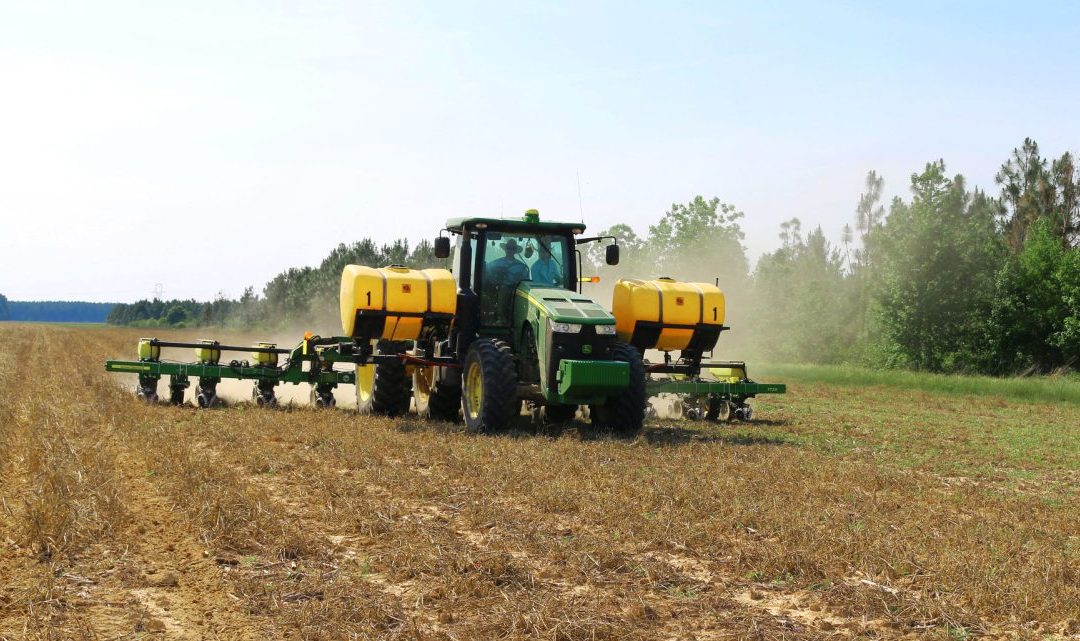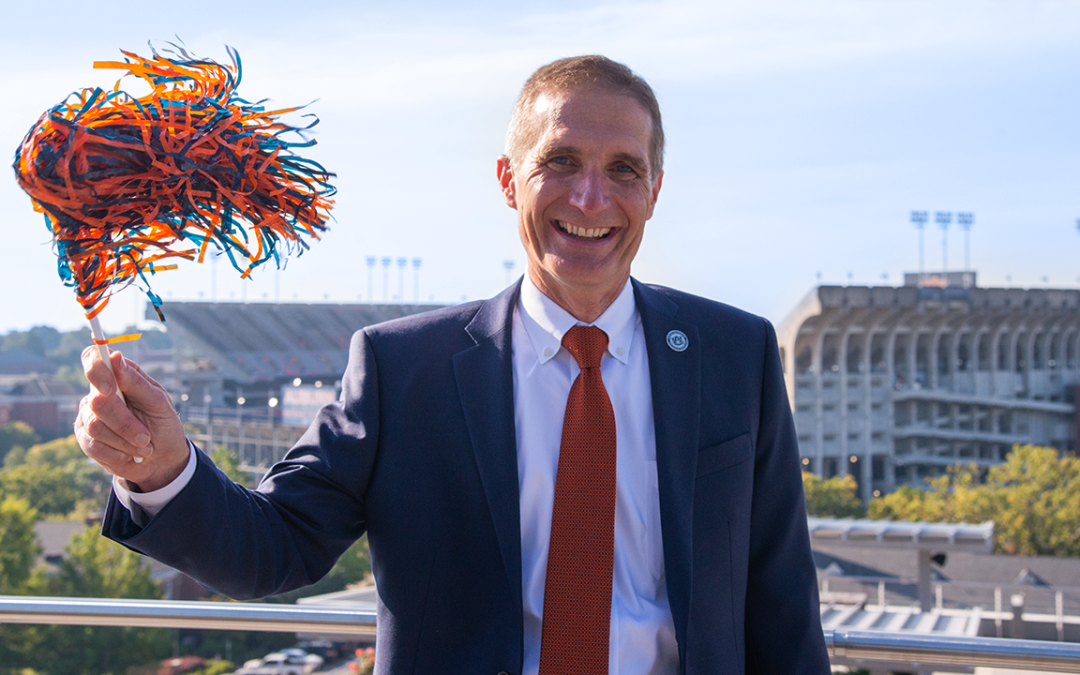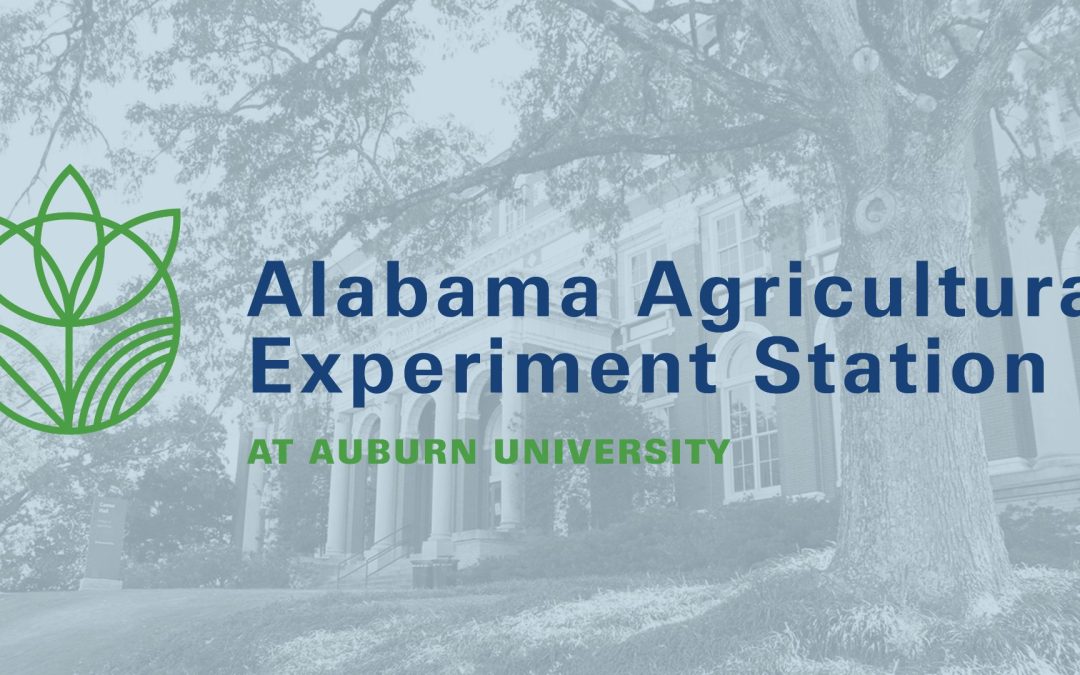As she steps into the field at Wiregrass, Caitlyn Lawton (Auburn Ph.D. student) sees more than crops—she’s scouting for pest damage as part of her Integrated Pest Management research. Through the Alabama Agricultural Experiment Station, students like Caitlyn gain hands-on skills and practical knowledge to improve agricultural production. Learn more in the premiere episode of Acres of Auburn.








